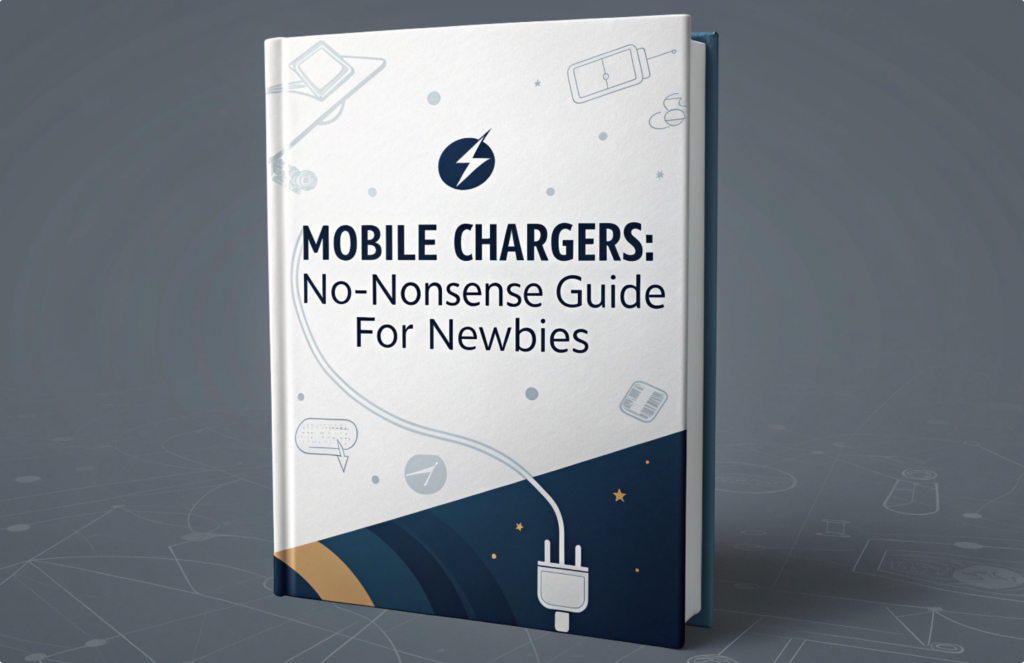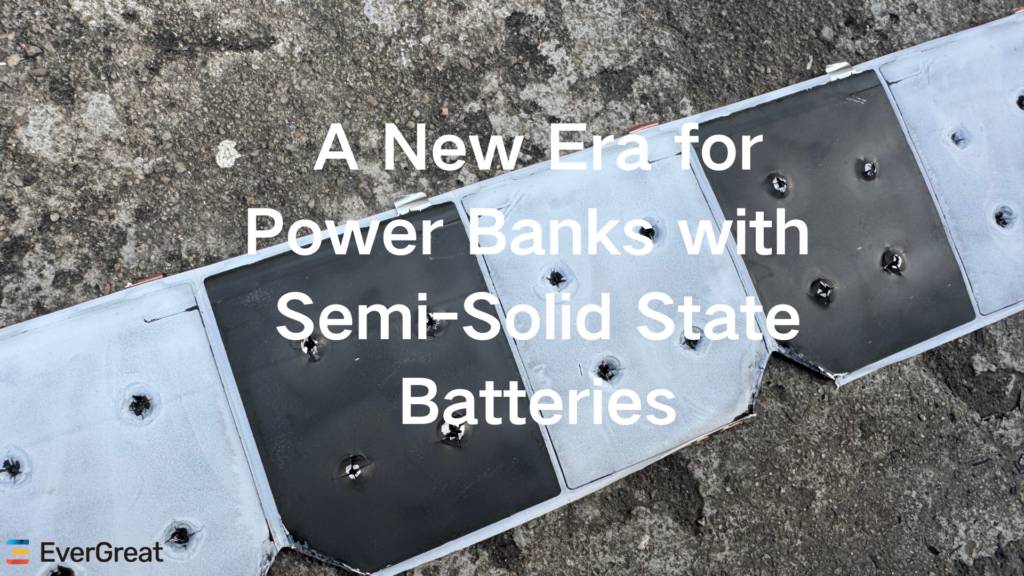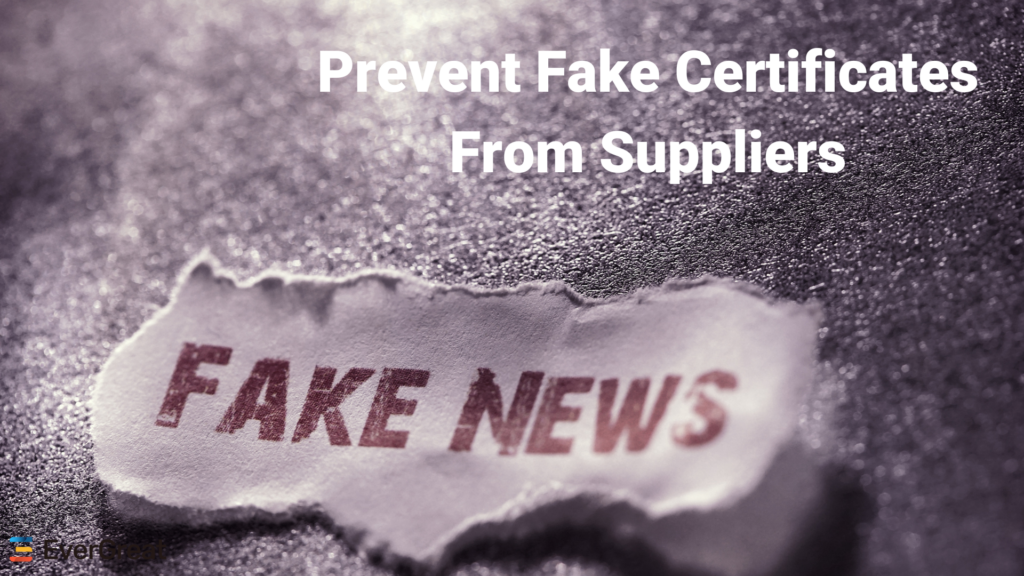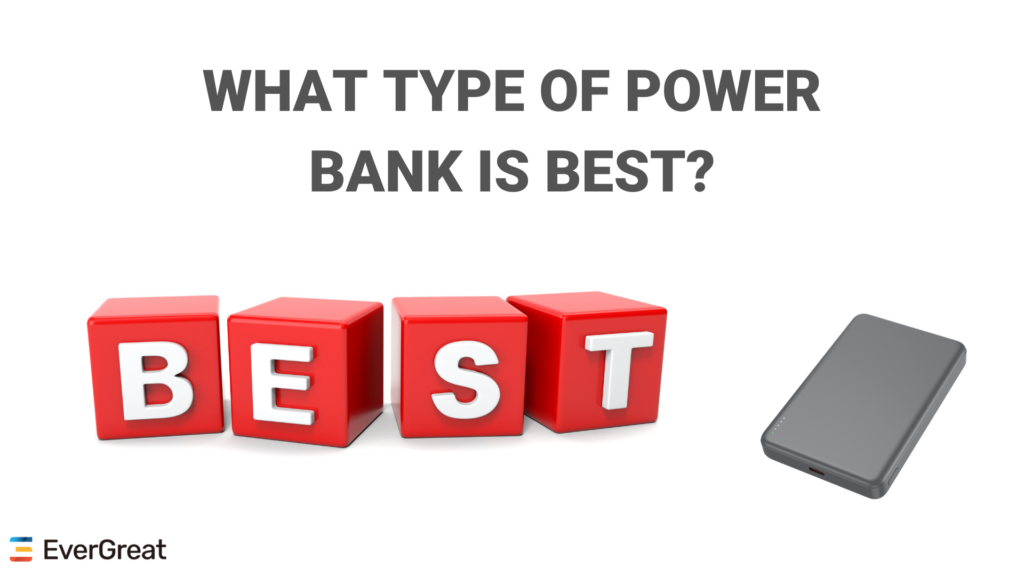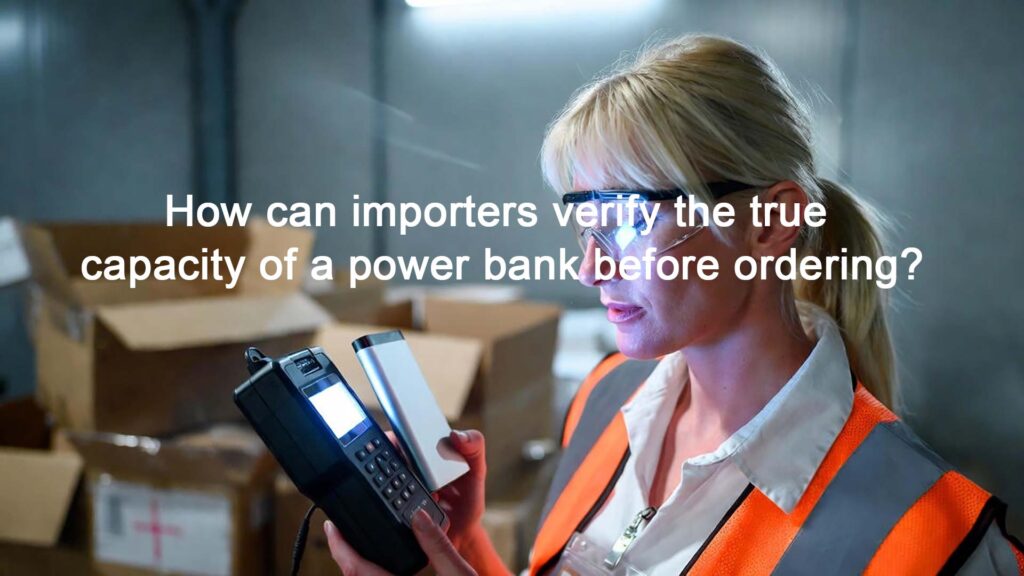Buying cheap power banks often leads to big problems. Poor cell quality is a silent risk. It can ruin your product and your brand. Knowing cell brands protects your business and customers.
Importers must prioritize cell brands in power banks because the cell is the core safety component. It directly impacts device performance, lifespan, and crucial user safety, preventing serious risks like fires or explosions from low-quality cells.
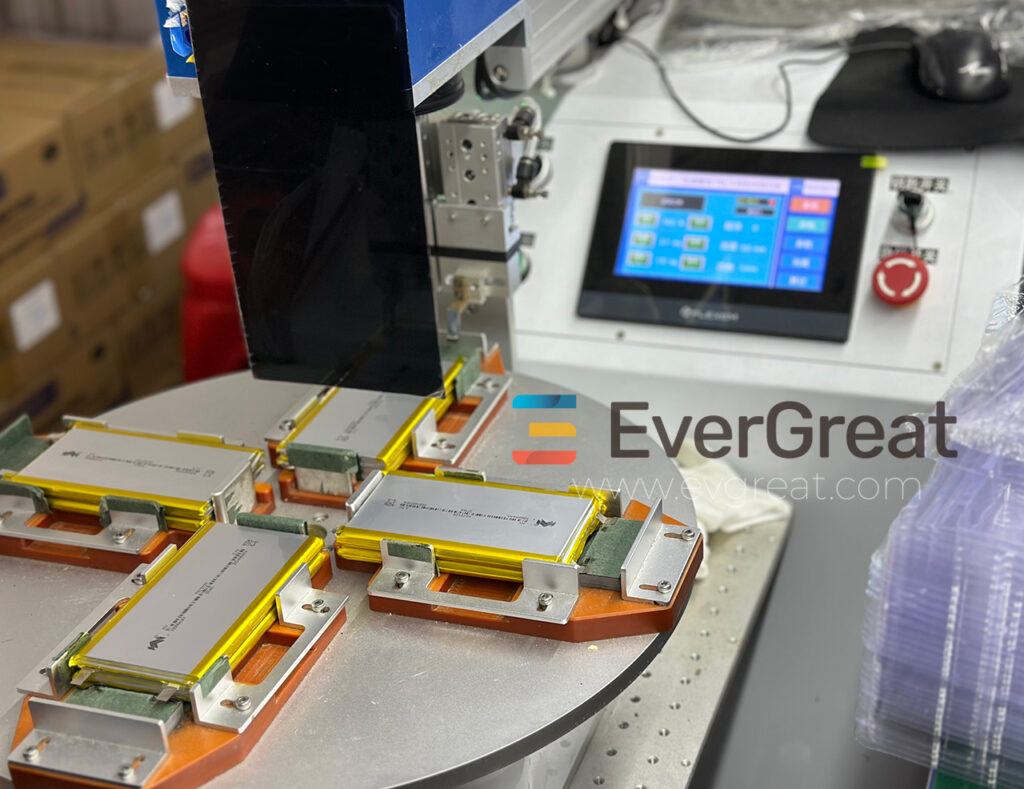
I have seen many problems in this industry. It is easy to cut corners. Many brands want to save money. But this can be very bad. Let me explain why cell quality is so important. We will look at brand choices. We will also look at how to spot fakes. Then, we will see how cell types impact warranties. This information will help you make better choices. You will protect your brand and your customers.
Which brands are the best suitable choice of the power banks?
Worried about unreliable power banks hurting your brand? Cheap cells lead to constant returns and unhappy customers. Choosing trusted cell brands means quality, safety, and peace of mind.
For power banks, the best cell brands are trusted Chinese tier-1 manufacturers like ATL, EVE, Novell, JT, TY, and Topband. These companies provide consistent A-grade performance, long cycle life, and are cost-effective, outperforming generic or refurbished options.
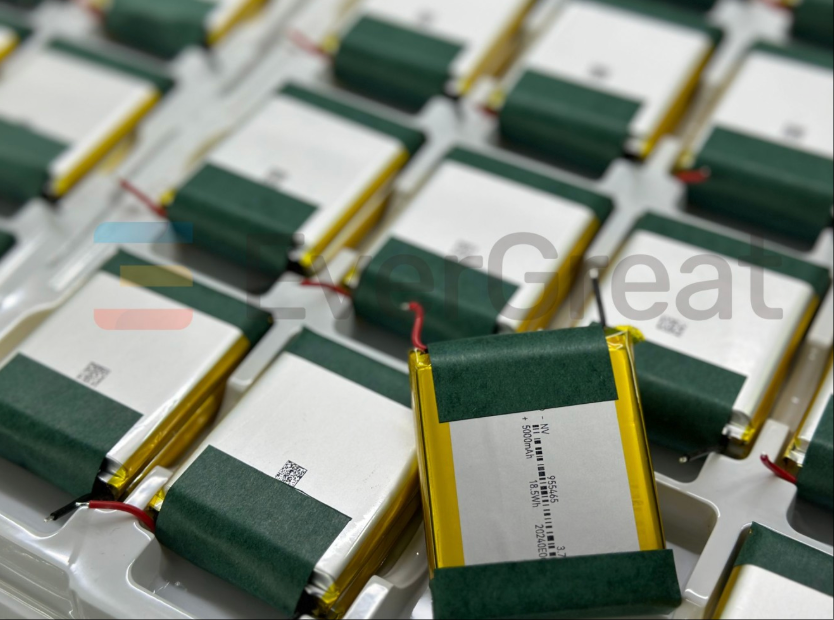
I remember one time, a new client came to us. A batch of their power banks had a high return rate. The issue was traced back to unknown cells used by their previous supplier. It was a big problem. Good brands matter a lot here. It keeps everyone safe.
Trusted Cell Brands and Why They Matter
When we talk about power bank cells, not all are the same. Some brands stand out for their quality. They give reliable performance.
- ATL (Amperex Technology Limited): This brand is known for high energy density. They focus on safety. Many premium devices use ATL cells. ATL offers a range of lithium-ion batteries suitable for power banks, providing stability, durability, and reliability. They are known for high-power lithium cell technology.
- EVE Energy: This is a large manufacturer. Their cells are good for many uses. They give reliable performance. EVE Energy focuses on lithium battery manufacturing with core technologies. Their products include cylindrical and prismatic cells. EVE cells are known for efficiency and reliability, suitable for electric vehicles and renewable energy systems.
- Novell, JT, TY, Topband: These are also strong Chinese brands. They offer good quality. They also balance this with cost. Topband specializes in lithium iron phosphate batteries, with independent R&D and manufacturing in cells, BMS, and system integration.
Why You Should Choose These Brands
There are clear reasons to pick these named brands. It is not just a preference. It is about core product quality.
- A-grade Performance: These companies guarantee their cells meet strict standards. This means stable power output. It also means consistent charging and discharging.
- Long Cycle Life: Cells from these brands last longer. They can handle many charge-discharge cycles. This makes for a better user experience. It also means fewer warranty claims for your business.
- Cost-Effectiveness: These cells are not always the cheapest upfront. But they offer the best value. The quality they give outweighs a slightly higher price. This helps your brand succeed in the long run.
Brands to Avoid
It is just as important to know what to avoid. These choices can lead to big problems.
- No-name Cells: You do not know who made them. Quality control is unknown. Performance is a guess. This is a huge risk.
- Refurbished Cells: These are used cells. They are repackaged to look new. Their remaining life is short. They are a big safety risk.
- B-grade Cells: These cells have defects. They failed original quality checks. They are sold cheaply but can cause big problems. This includes safety issues.
Importer Checklist for Cell Quality Assurance
I always tell my clients to follow a strict checklist. This helps secure good quality cells for their power banks.
| Action Item | Description | Benefit |
|---|---|---|
| Mandate "brand-new A-grade" | Specify in contracts that only new, top-tier cells are accepted. | Ensures peak performance and safety from the start. |
| Specify "named brand" | Name exact cell brands (e.g., ATL, EVE) in your purchase orders. | Guarantees cells from reputable manufacturers. |
| Demand "original COA" | Request the Certificate of Analysis directly from the cell maker. | Verifies authenticity and specifications of the cells. |
| Random SGS Verification | Send power bank samples to SGS for a tear-down inspection. | Independent third-party confirmation of cell quality. |
How can you identify fake branded cells?
Are you buying branded cells or cleverly disguised fakes? Counterfeit cells flood the market. They threaten safety and your brand’s reputation. Learn how to tell the difference. Protect your investment.
Identifying fake branded cells requires close inspection of markings, packaging, and performance. Look for inconsistencies in logos, serial numbers, and physical appearance. True brand-new A-grade cells come with original Certificates of Analysis (COA) and perform consistently in tests, unlike counterfeits.
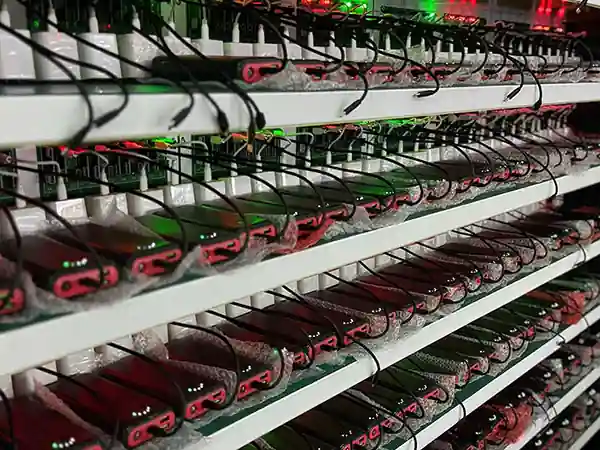
This is a huge issue. I once saw a batch of "Samsung" cells. They looked perfect on the outside. But when we tested them, their capacity was only 60% of what was claimed. This is a common trick. It causes big problems later. It is vital to know the warning signs.
Key Methods to Spot Counterfeit Cells
Spotting fake cells needs a sharp eye and careful checks. Do not trust what you see at first glance.
-
Visual Inspection:
- Labeling and Printing: Look for crisp, clear printing. Fakes often have blurry text. They might have misspellings. Fonts can be inconsistent. Brand logos should be exact.
- Serial Numbers: Genuine cells have unique, traceable serial numbers. Counterfeit cells may have repeated numbers. Or they might have no numbers at all. Try to cross-reference these with the manufacturer’s database if you can.
- Wraps and Casing: Original cell wraps are usually smooth, tight, and uniform. Fake cells might have poorly applied wraps. They might show wrinkles or use cheap-looking plastic casings.
- Terminals: Check the positive and negative terminals. They should be clean. They should also be consistent in finish. Uneven surfaces or signs of reuse can mean fake cells.
-
Documentation Check:
- Certificate of Analysis (COA): Always demand an original COA from the cell manufacturer. This document details the cell’s specifications. It also has batch information. A reputable supplier will provide this without issue. If they cannot, it is a big red flag.
- Bill of Materials (BOM): The BOM should clearly list the exact brand. It should also show the model of each cell. Compare this to the COA. They must match.
-
Performance Testing:
- Capacity Test: A real cell will meet its rated capacity. Fakes often fall short of this claim. This test needs specialized equipment.
- Internal Resistance (IR): Low internal resistance is a sign of a good cell. High IR means poor quality. It also means the cell will generate more heat.
- Cycle Life Test: Real cells can go through many charge and discharge cycles. Fake cells degrade quickly. They lose capacity fast.
- Tear-down Verification (SGS): For ultimate peace of mind, send samples to a third-party lab like SGS. They can confirm the cell’s origin. They also confirm its grade. This is the most reliable method. I always recommend this step for large orders. It is a small cost for big security.
Does cell type affect warranty terms?
Are you worried about warranty claims for your power banks? Cell quality directly impacts device reliability and customer satisfaction. Understanding how cell types affect warranties protects your brand and bottom line.
Yes, the cell type significantly affects warranty terms for power banks. Manufacturers offer longer warranties for products using high-grade, branded cells due to their proven reliability and lifespan. Conversely, products with B-grade, recycled, or unbranded cells often have limited or no warranties, reflecting their higher failure rates and safety risks.

Absolutely, this is a major factor. I have seen companies that try to save money on cells. They end up paying much more in warranty returns. It harms their reputation too. Your warranty is a promise to your customer. The cell quality determines if you can keep that promise. This is a business critical point.
How Cell Quality Changes Warranty Terms
The kind of cell used in a power bank directly impacts how long and what kind of warranty you can offer. This is a critical business decision.
-
High-Quality Cells (A-grade, Branded):
- Longer Warranty Periods: Products using cells from trusted brands (like ATL, EVE) usually come with extended warranties. This is because these cells have predictable performance. They also have a known, long cycle life. This makes them a safe bet.
- Lower Failure Rates: These cells pass strict quality control tests. They have very few defects. This means fewer returns for the customer. It also means lower costs for you. This saves money in the long run.
- Higher Customer Satisfaction: Customers are happy when products last. A good cell ensures consistent performance over time. This builds strong brand loyalty.
- Example: We often give a 2-year warranty on power banks with specific tier-1 cells. We have confidence in their performance. We know they will meet expectations.
-
Low-Quality Cells (B-grade, Recycled, No-name):
- Shorter or No Warranty: Suppliers of these cheaper cells offer little to no warranty. They know these cells are risky. They are not willing to stand behind them.
- High Failure Rates: Expect frequent failures. Cells may not hold charge. They might swell or stop working completely. This leads to many unhappy customers.
- Safety Risks: These cells increase risks of overheating, short-circuits, and even fire. This is a huge liability for any brand. It can cause serious harm.
- Brand Damage: A product failing quickly damages your brand name. Customers lose trust. They will not buy from you again. This makes future sales harder.
- Hidden Costs: The money saved upfront is quickly lost. It goes to processing returns. It goes to shipping replacements. It also goes to fixing your damaged reputation. This is why I always tell clients to avoid them.
The Chain of Trust in Warranties
Why does this happen? Cell manufacturers provide data sheets. These sheets show cycle life and safety specifications. Premium brands stand by their cells. They give guarantees to power bank makers. This allows power bank makers to offer good warranties to their buyers. If the cell supplier does not guarantee their cells, how can you guarantee your product? It is a simple chain of trust. My team always pushes for the best cells. This is because we know it saves everyone trouble later. It keeps our brand strong. It keeps our client’s brand strong too.
Conclusion
Ignoring power bank cell brands is a grave mistake. Cell quality dictates safety, performance, and warranty. Prioritize A-grade, named cells and strict verification. This protects your brand and ensures customer trust.


